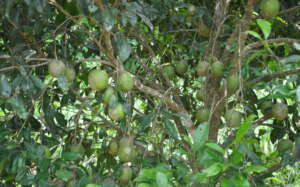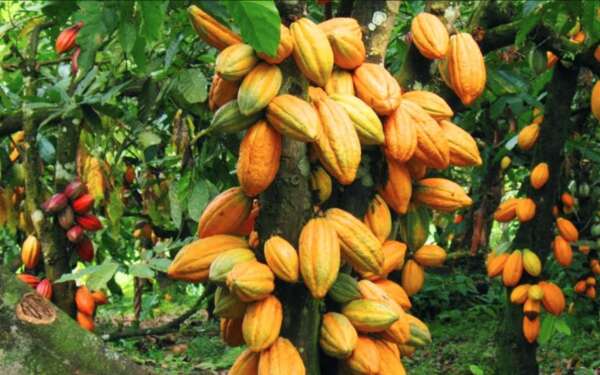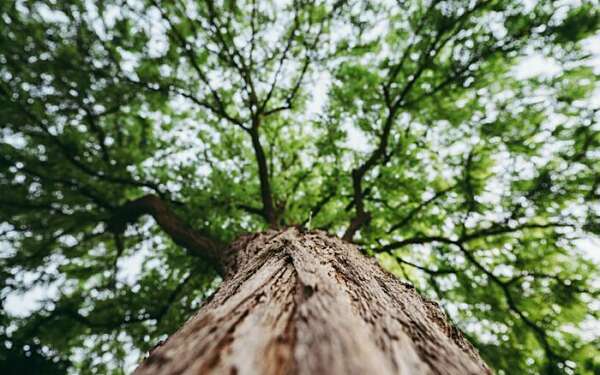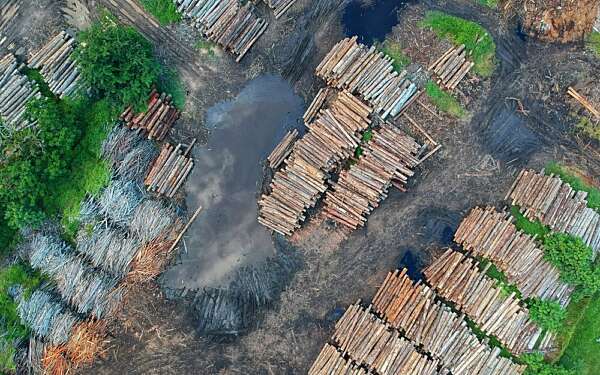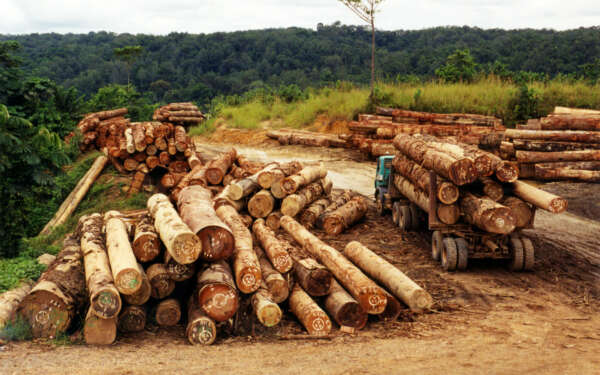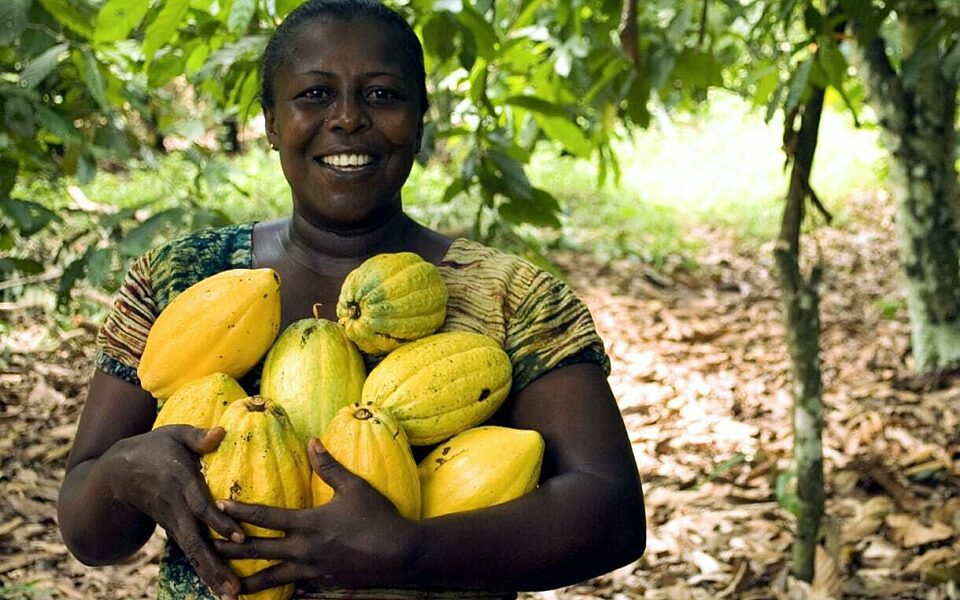
GCRF TRADE, Development and the Environment Hub
Interdisciplinary Research Hubs to Address Intractable Challenges Faced by Developing Countries
The Congo Basin Institute has partnered with the Global Challenges Research Fund’s TRADE, Development and the Environment Hub in an effort to make trade in developing countries more sustainable.
Status: Completed
Growing demands for internationally traded agricultural commodities such as cocoa have increased impact on environments and wildlife in areas where they grow best.
The 2030 Agenda for Sustainable Development recognizes international trade as an engine for inclusive economic growth and poverty reduction, and an important means to achieve the UN Sustainable Development Goals (SDGs). As such, trade cuts across numerous SDG goals, including Goals 1 (no poverty), 8 (decent work & economic growth), 10 (reduced inequalities), and 12 (responsible consumption and production).
Our GCRF TRADE Hub addresses a global challenge that has led to dramatic decline in biodiversity and ecosystem resilience in the past century, and if not addressed will significantly imperil the development of lower income nations. Trade in wildlife and agricultural commodities from low and middle income to higher income countries has increased rapidly over the last decades, and is projected to expand rapidly into the future to meet projected demands. Although trade is vital for national development, it can also carry heavy environmental and social costs, particularly for poor rural people in developing countries, mainly because there is a great imbalance of power within the decision-making system and the most affected people are relatively powerless and voiceless in the decision-making process. The development of these trades over the past decades has also resulted in considerable impacts on natural systems, threatening with extinction thousands of species globally. Addressing the issue of balancing the positives of ever-expanding trade with its costs is essential to addressing several of the SDGs, and is important for the UK in terms of negotiating sustainable trade deals that also meet other environmental and social development commitments.
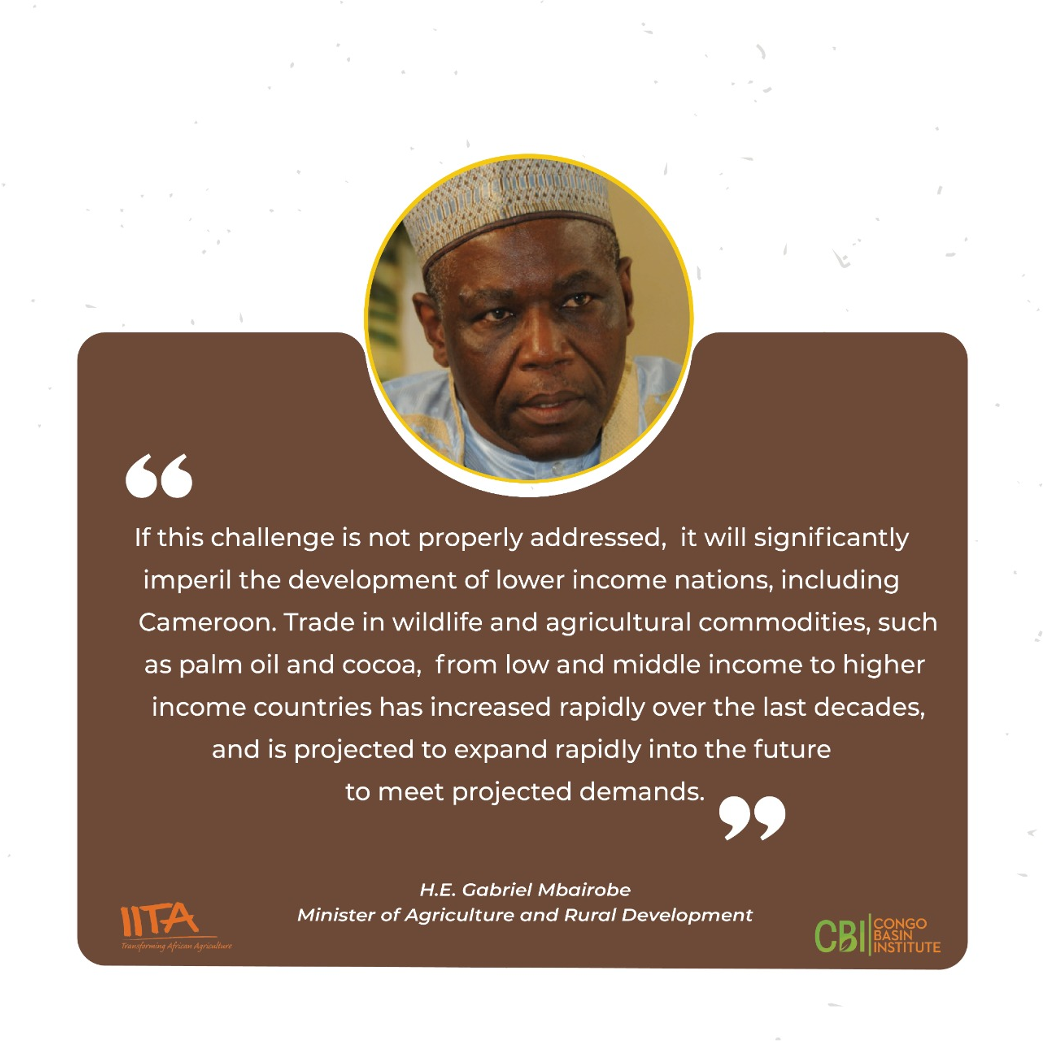
Our strong international and interdisciplinary research team includes economists, trade modelers, political scientists, ecologists, and development scientists who will produce novel, impact-orientated research in the lifetime of the Hub. Through involving companies, UN-related trade bodies, and governments, the project is embedded in the needs of the economy and development at large. For more information on the project, see https://tradehub.earth
The GCRF TRADE Hub works on a number of key trade flows that are particularly important to our focal developing countries and the UK, and where we have existing strengths that will allow us to have real impact in the lifetime of the Hub. This will include trade that has a direct impact on biodiversity, and for the Congo Basin Micro-Hub we focus on:
- Ecological and social impacts and dynamics of wild meat trade, future scenarios, and potential solutions (Gabon, Republic of Congo, and Democratic Republic of Congo)
- Ecological and social impacts of internationally traded agricultural commodities, future scenarios, and possible solutions (Cameroon-led, regional focus)
- Ecological and social impacts of local, regional and international trade in non-timber forest products such as wild harvested and cultivated bush mango (Irvingia gabonensis), future scenarios, and potential solutions (Cameroon and Gabon)
- Building research capacity of national students, professors and institutions (Cameroon, Gabon, Republic of Congo, and Democratic Republic of Congo)
